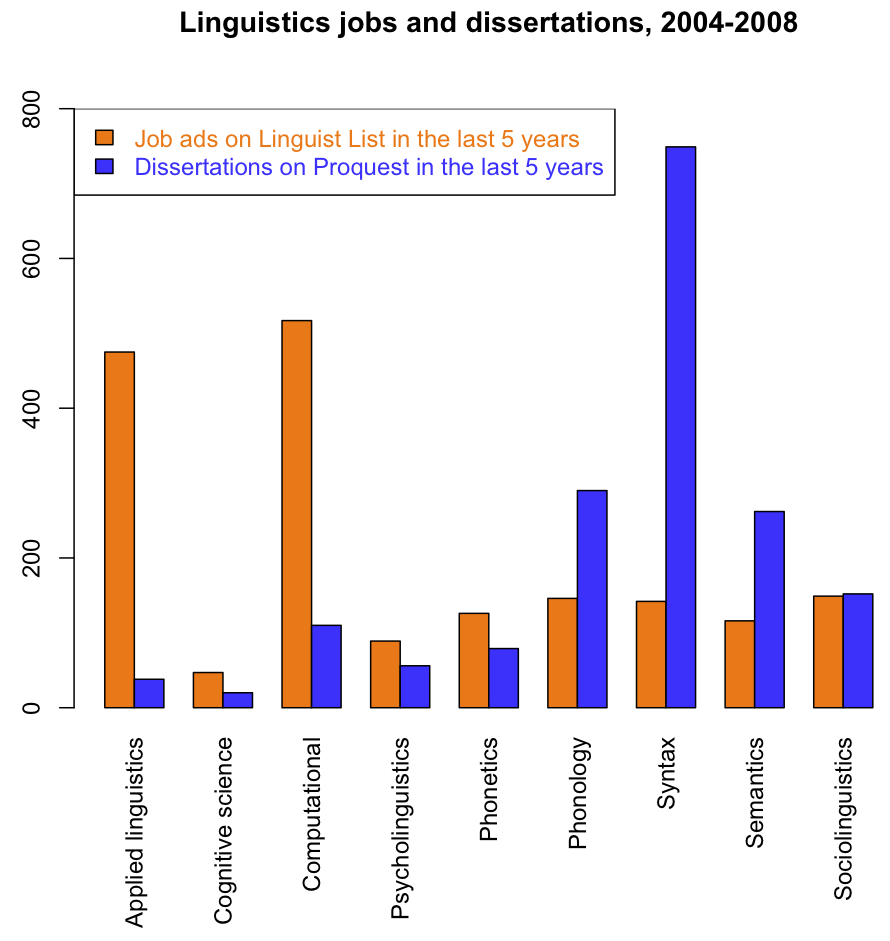I'm back, for the first time since August 2001, in Helsinki, Finland. I love this city, for all sorts of reasons. Intelligent and interesting academic friends; big, beautiful public buildings in brilliant white and yellow; the views across the harbor (hardly any of the sea is frozen today, so the big car ferries are moving with no trouble and the icebreakers are mainly up north); the comfort of the Hotel Arthur; but above all (for yes, this is Language Log, not Baltic Tourism Log) the coolest language in the world. Finnish seems wonderful to me. Delicious. Speaking the little bits of it that I can manage, or even just reading out signs, actually gives me a tingling feeling on the tongue. (Yliopistokirjakauppa: it tastes like iced champagne.) And I learned a tiny bit more about Finnish pronunciation within minutes of arrival. I thanked the taxi driver by saying kiitos ("Thank you") as I got out, carefully making the i twice as long as the o, which is what I thought was correct. But I clearly heard my friend Hanna, who had kindly come to the airport to meet me, say to the driver what sounded to my ear more like kitos. As soon as we got inside the hotel I asked her, what's up? Why was her first-syllable vowel shorter than mine? And like a solid linguist she was able to answer me instantly and authoritatively.
Read the rest of this entry »


